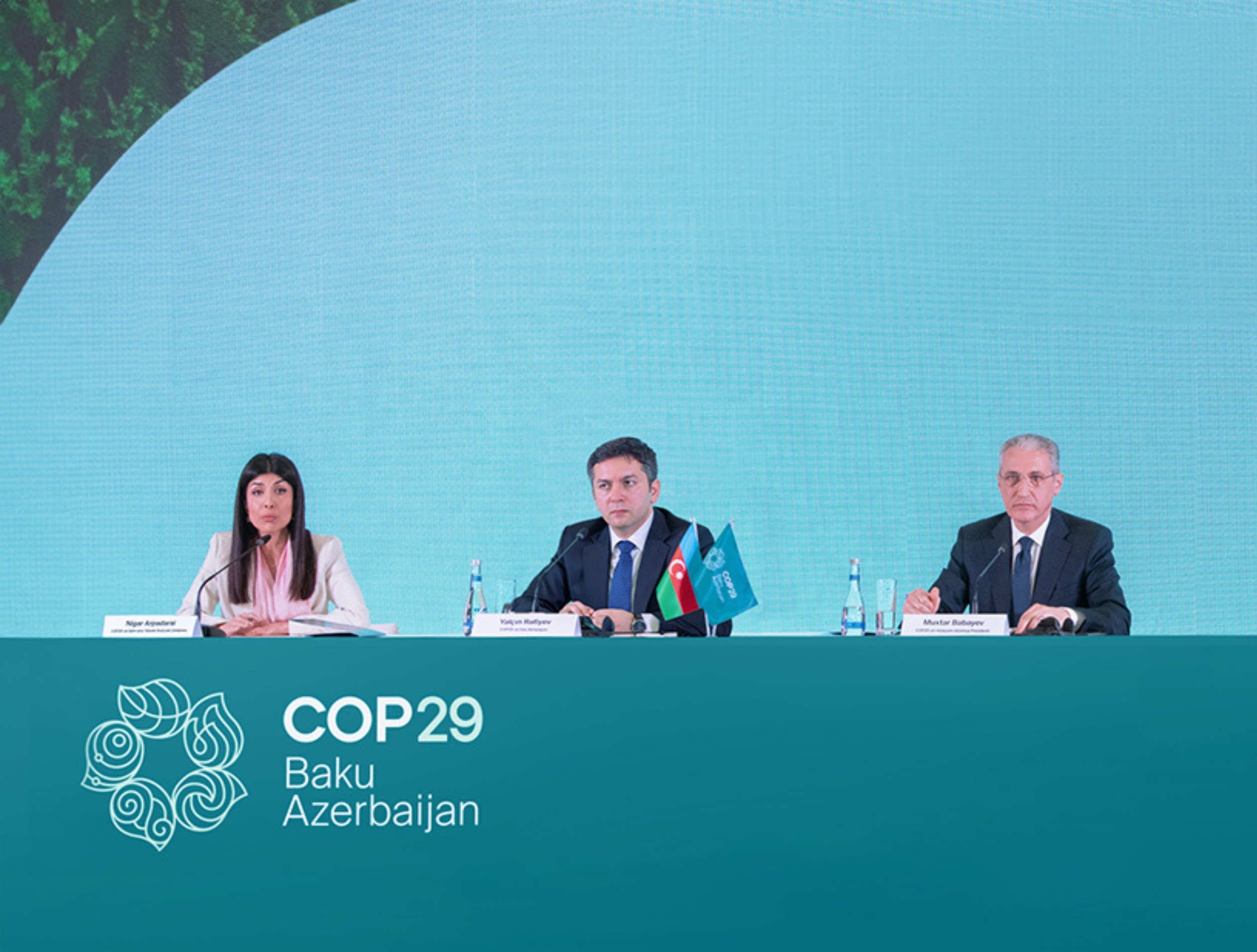The podcast of EGADE Business School and the School of Business of Tecnológico de Monterrey is available on Spotify, Amazon Music, Apple Podcasts, and YouTube Music.
By SOFÍA VALVERDE ZAMORA | EGADE BUSINESS SCHOOL
Climate change is one of the most significant global challenges, and corporate sustainability is crucial in the quest for solutions.
This subject was addressed in the 173rd episode of the Business Territory podcast, "COP29: Who will pay the climate change bill?" hosted by Horacio Arredondo, dean of EGADE Business School, with the participation of Mariuz Calvet, Chief Sustainability Officer at Santander México.
The twenty-ninth United Nations Climate Change Conference (COP29), scheduled to take place in November in Baku, Azerbaijan, will be a crucial event for discussing solutions.
Calvet underscored the role of the financial sector in mobilizing the necessary resources to tackle this crisis and explained that COP29 will focus on two fundamental pillars: enhancing the ambition of participants—governments, companies, and civil society—and enabling action through financing activities that promote the transition to a low-carbon economy.
Arredondo, for his part, emphasized the importance of concepts such as adaptation and resilience, stressing that both companies and people must adjust to the changes that are already occurring and develop the capacity to recover from them.
"These concepts are key to tackling climate change, and understanding how they apply to our daily lives, our cities, and our companies is essential," Dean Arredondo said.
Calvet also stressed that everyone has a role to play in this transformation.
"Every decision we make in our daily lives, from the type of transport we use to the way in which we manage waste, contributes to a more sustainable planet," the expert declared.
Regarding the private sector's responsibility, Calvet explained that although the government has traditionally borne most of the responsibility for significant issues, companies must also take on a more active role.
"Companies need to be more efficient in using resources, mitigate the negative impacts of their operations, and increase their positive impact," she emphasized.
The financial sector faces the challenge of channeling capital towards sustainable activities. In Mexico, progress has been made in creating a national sustainable taxonomy that aligns economic activities with international standards. However, the challenge remains of including small and medium-sized enterprises (SMEs) in this process and giving them access to financing identified as sustainable.
Calvet highlighted that more than 50% of last year's debt issues were considered sustainable in the Mexican market. Although this progress is significant, the challenge remains involving SMEs, representing a fundamental part of the Mexican economy, in this transition towards sustainability.
You can learn more about this topic and listen to this and other Business Territory episodes on Spotify, Amazon Music, Apple Podcasts, and YouTube Music.
